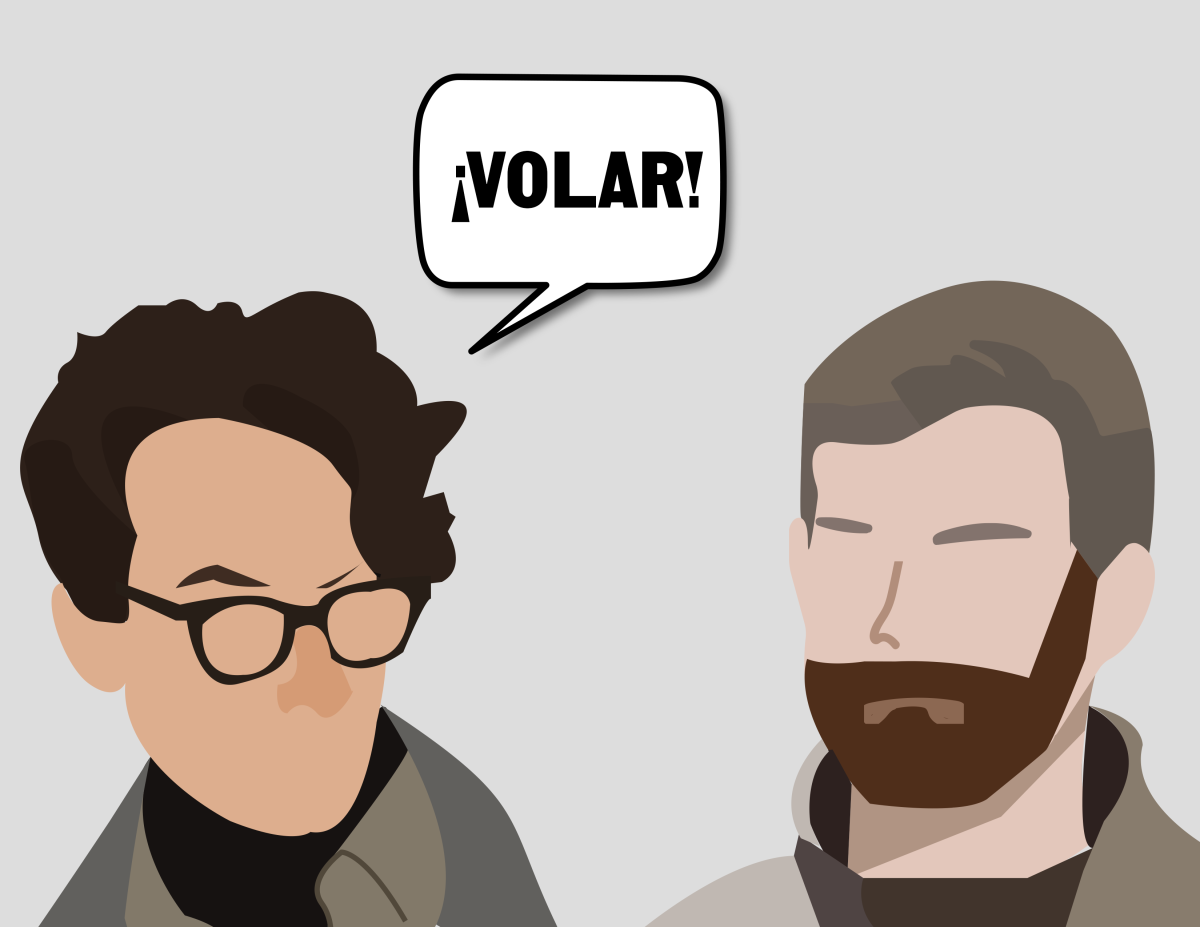There are many opportunities for students to reach out to their communities on NC State’s campus. Voluntarios Ahora en Raleigh, or VOLAR, is one such opportunity for those who wish to help Raleigh’s Spanish-speaking community. The program is run through the Department of Foreign Languages and Literature. Deborah Kane, a senior lecturer in Spanish language and literature, is the director of VOLAR.
“We started out as an initiative of the Foreign Language Department here at NC State to pair students of Spanish at a certain level of proficiency with community service opportunities where they can interact with native Spanish speakers,” Kane said.
VOLAR does two different types of community service: semester-long opportunities as well as one time service opportunities.
“One category is semester-long commitments, where students go once a week. They do a regular shift, maybe an hour a week every week or two hours every other week,” Kane said. “It depends on the organization. The other is one-time events, so they may go and work three hours on one Saturday… Within those two categories, in the semester long commitments we have a partnership with the Mexican Consulate.”
Their community outreach programs have a diverse reach within the Spanish-speaking community of Raleigh, helping in various programs in the Triangle.
“We have the Urban Ministries Open Door Clinic, which is a free health clinic for lower-income residents of Raleigh ,” Kane said. “So not all of their patients are Spanish speaking, but a lot are. Students will go there and work at the front desk and when people come in, check them in and make sure they have an appointment. They’ll make phone calls to confirm appointments; they might do the initial interview with the patients to establish that they are eligible to receive free or reduced healthcare.”
While there are not any strict guidelines for joining VOLAR, they do ask for a certain level of proficiency in Spanish to help with volunteer work in their community.
“So our requirements are that they need to be in Spanish 202 or above or have the same level of proficiency,” Kane said “That course is just an easy way for us to know more or less where they are with the language, but if it’s someone that’s a heritage or native speaker or they have lived [spoken the language] and they don’t have the coursework necessarily, we welcome their participation.”
Kane suggests that anyone who wishes to join should come to their meetings at the beginning of each semester.
“We just have a big meeting at the beginning of each semester, and that’s where we lay out all the different activities that are offered that semester and students can sign up,” Kane said. “We’ll have orientations usually for those semester long partnerships, there’s some training and things like that.”
Emily Sands, a lecturer of Spanish language and literature, is an assistant for VOLAR. Sands thinks that joining VOLAR helps bolster a student’s aptitude for learning Spanish and their desire to do so.
“I get feedback from the students that exposure gives them more confidence in using the language and they’re exposed to more areas that it can be used,” Sands said. “If the organizations that we already work with or other organizations can see that positive relationship, then it might spawn more opportunities or they might come up with more ways in which we can involve students in things.”
VOLAR is a chance to better understand Spanish-speaking culture, learn Spanish and see the effects that the real world and decisions have on such a community.
“But what they don’t often realize is all the other side benefits, the cultural exposure, like going to the Mexican Consulate and being the only non-Mexican there for the hour that you’re there,” Kane said.
More information about VOLAR and its community service opportunities can be found on their website.













